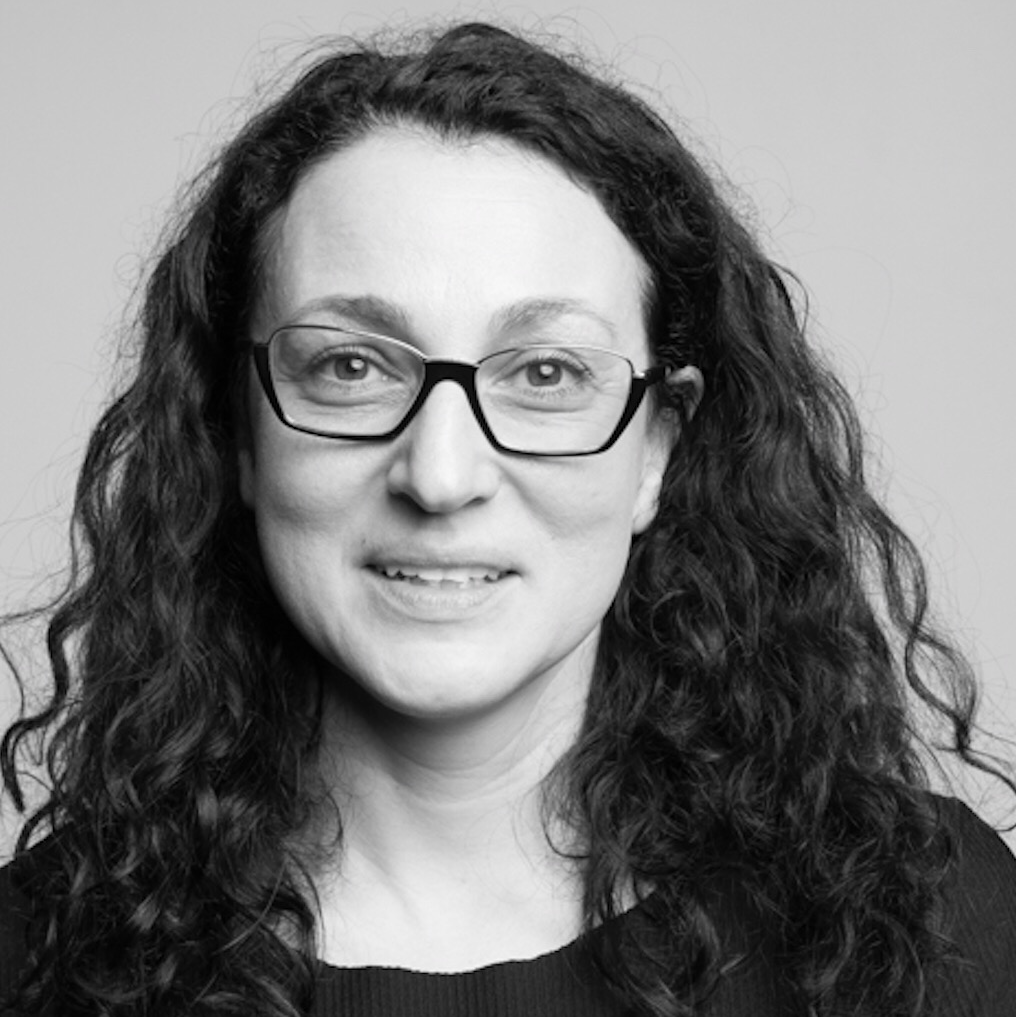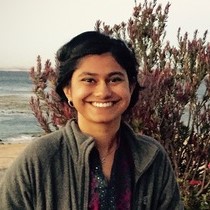The DEEM workshop will be held on Sunday, June 12th, in conjunction with SIGMOD/PODS 2022. The workshop will be held in hybrid (in-person and virtual) form. DEEM brings together researchers and practitioners at the intersection of applied machine learning, data management and systems research, with the goal to discuss the arising data management issues in ML application scenarios.
The workshop solicits regular research papers (up to 10 pages, plus unlimited references) describing preliminary and ongoing research results, including industrial experience reports of end-to-end ML deployments, related to DEEM topics. In addition, DEEM 2022 establishes a new paper category for reports on applications and tools (4 pages) as a forum for sharing interesting use cases, problems, datasets, benchmarks, visionary ideas, system designs, and descriptions of system components and tools related to end-to-end ML pipelines. Submissions should follow the ACM proceedings format (last update 11/2020).
Follow us on twitter @deem_workshop or contact us via email at info[at]deem-workshop[dot]org. We also provide archived websites of previous versions of the workshop: DEEM 2017, DEEM 2018, DEEM 2019, DEEM 2020, and DEEM 2021.
DEEM 2022 Proceedings: ACM DL Link
Abstract: Algorithmic rankers take a collection of candidates as input and produce a ranking (permutation) of the candidates as output. In the past few years, there has been much work on incorporating fairness requirements into rankers, with contributions from the data management, algorithms, information retrieval, and recommender systems communities. Many fair ranking methods establish their own understanding of fairness, yet they stop short of categorizing themselves with respect to the normative frameworks they embed. This makes it difficult to understand what values these methods encode, in what specific scenarios they are applicable, and how they relate to one another. Further, methods differ on which technical choices they make, including, notably, their data representation choices. These technical differences are not value-neutral, and have profound implications on the applicability of the methods. In my talk, I will give an overview of the field of fairness in raking, offering a perspective that connects formalizations and algorithmic approaches across subfields. My perspective will be based on the interplay between the value frameworks that motivate specific fairness-enhancing interventions, and the technical choices that impact the properties of the methods and of their results. I will compare and contrast several representative fair ranking methods, and will provide concrete recommendations for those wishing to incorporate fairness objectives into algorithmic rankers. My talk will be based on a two-part survey that I co-authored with Meike Zehlike and Ke Yang. The survey was recently published in ACM Computing Surveys, and is available at these links: Part I and Part II.
Applying Machine Learning (ML) in real-world scenarios is a challenging task. In recent years, the main focus of the data management community has been on creating systems and abstractions for the efficient training of ML models on large datasets. However, model training is only one of many steps in an end-to-end ML application, and a number of orthogonal data management problems arise from the large-scale use of ML.
For example, data preprocessing and feature extraction workloads may be complicated and require simultaneous execution of relational and linear algebraic operations. Next, model selection may involve searching many combinations of model architectures, features, and hyper-parameters to find the best-performing model. After model training, the resulting model may have to be deployed and integrated into business workflows and require lifecycle management using metadata and lineage. As a further complication, the resulting system may have to take into account a heterogeneous audience, ranging from domain experts without programming skills to data engineers and statisticians who develop custom algorithms.
Additionally, the importance of incorporating ethics and legal compliance into machine-assisted decision-making is being broadly recognized. Critical opportunities for improving data quality and representativeness, controlling for bias, and allowing humans to oversee and impact computational processes are missed if we do not consider the lifecycle stages upstream from model training and deployment. DEEM welcomes research on providing system-level support to data scientists who wish to develop and deploy responsible machine learning methods.
DEEM aims to bring together researchers and practitioners at the intersection of applied machine learning, data management and systems research, with the goal to discuss the arising data management issues in ML application scenarios.
We invite submissions in following two tracks:
Submission Website: https://cmt3.research.microsoft.com/DEEM2022
Inclusion and Diversity in Writing: http://2022.sigmod.org/calls_papers_inclusion_and_diversity.shtml
 Julia Stoyanovich
is an Institute Associate Professor of Computer
Science & Engineering at the Tandon School of Engineering, Associate
Professor of Data Science at the Center for Data Science, and Director of
the Center for Responsible AI at New York University (NYU). Her research
focuses on responsible data management and analysis: on operationalizing
fairness, diversity, transparency, and data protection in all stages of the
data science lifecycle. She established the "Data, Responsibly" consortium
and served on the New York City Automated Decision Systems Task Force, by
mayoral appointment. Julia developed and has been teaching courses on
Responsible Data Science at NYU, and is a co-creator of an award-winning
comic book series on this topic. In addition to data ethics, Julia works
on the management and analysis of preference and voting data, and on
querying large evolving graphs. She holds M.S. and Ph.D. degrees in
Computer Science from Columbia University, and a B.S. in Computer Science
and in Mathematics & Statistics from the University of Massachusetts at
Amherst. She is a recipient of an NSF CAREER award and a Senior Member of
the ACM.
Julia Stoyanovich
is an Institute Associate Professor of Computer
Science & Engineering at the Tandon School of Engineering, Associate
Professor of Data Science at the Center for Data Science, and Director of
the Center for Responsible AI at New York University (NYU). Her research
focuses on responsible data management and analysis: on operationalizing
fairness, diversity, transparency, and data protection in all stages of the
data science lifecycle. She established the "Data, Responsibly" consortium
and served on the New York City Automated Decision Systems Task Force, by
mayoral appointment. Julia developed and has been teaching courses on
Responsible Data Science at NYU, and is a co-creator of an award-winning
comic book series on this topic. In addition to data ethics, Julia works
on the management and analysis of preference and voting data, and on
querying large evolving graphs. She holds M.S. and Ph.D. degrees in
Computer Science from Columbia University, and a B.S. in Computer Science
and in Mathematics & Statistics from the University of Massachusetts at
Amherst. She is a recipient of an NSF CAREER award and a Senior Member of
the ACM.
 Matthias Boehm
Matthias Boehm Paroma Varma
Paroma Varma Doris Xin
Doris Xin